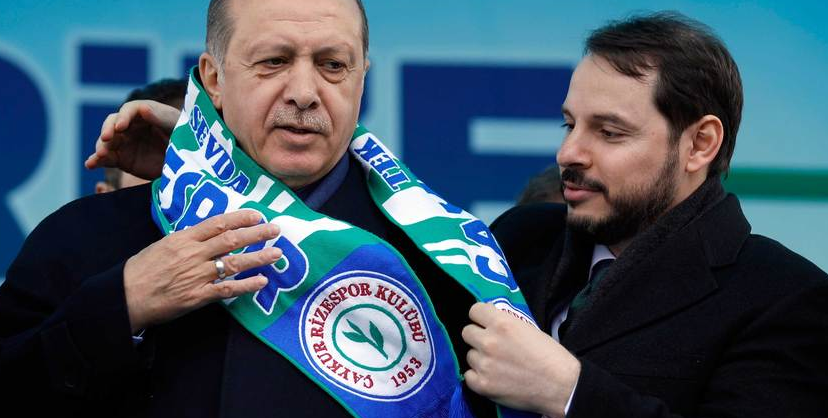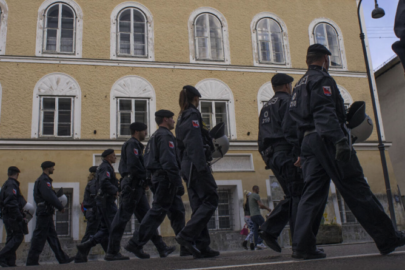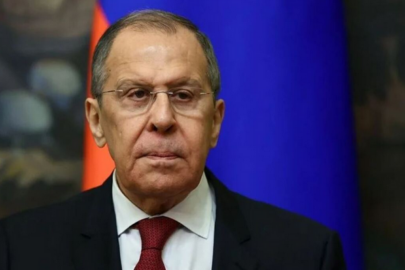Turkey’s President Recep Tayyip Erdogan has long been rumored to have anointed his son-in-law and energy minister, Berat Albayrak, as his political heir. The rumors gained traction with the submission of candidate lists by political parties competing in the June 24 parliamentary elections that are to be held concurrently with the presidential one. The lists offer clues about the likely architecture of Erdogan’s planned new government — provided, naturally, that he wins.
Albayrak’s name was at the top of the slate of the president’s ruling Justice and Development Party (AKP) for Istanbul’s first district, where Erdogan himself ran before he ascended to the presidency in 2014. The move suggests that Erdogan may be planning to elevate Albayrak to the chairmanship of the AKP in a bid to secure family control over the party.
Under the new executive presidential system that will kick in after the elections, the prime minister’s job will be abolished and members of the Cabinet will no longer be drawn from the parliament. Mehmet Simsek, the deputy prime minister responsible for the economy, was excluded from the AKP’s list of parliamentary candidates, prompting speculation that the British-trained former banker will retain his ministerial position. The decision may be intended to calm investors’ jitters as the once robust Turkish economy gives off ever louder alarm signals amid Erdogan’s stubborn refusal to allow the Central Bank to raise interest rates. The Turkish lira plumbed new lows today against the dollar, hitting a record 4.65 against the greenback and even losing value against war-ravaged Syria’s national currency.
Foreign Minister Mevlut Cavusoglu was included in the parliamentary slate, meaning he will lose his highly coveted portfolio after the elections. The AKP’s top pick for the predominantly Kurdish province of Van is one Osman Nuri Gulacar, who was arrested in 2009 on charges of being al-Qaeda’s local leader.
The Peoples’ Democratic Party, the largest pro-Kurdish bloc, boasted the most colorful list of candidates and the most women, in line with its gender equality principles. Some 230 female candidates will vie for seats compared with 126 from the AKP. The men include Ahmet Sik, the intrepid investigative journalist from the opposition Cumhuriyet who was imprisoned numerous times for his critical exposés, as well as gay rights activist Hasan Atik.
The main opposition Republican People’s Party came up with a predictably dull and heavily male slate. The exclusion of several key allies of the party’s presidential candidate, Muharrem Ince, sharpened conjecture that party leader Kemal Kilicdaroglu is taking advantage of Ince’s preoccupation with the presidential campaign to clip his wings. The former physics teacher had previously challenged Kilicdaroglu as party boss and lost. There is cautious optimism that Ince may prove more successful against Erdogan and face him in a second round of balloting that will take place on July 18 should the AKP leader fail to secure a majority June 24.
Courting Kurds, conservatives and nationalists alike, Ince has so far made a good mark with his plain-talking everyman approach. But the remote chance that Erdogan’s 16-year reign will end would be more a result of the president’s recent failures than his opponents’ success.
Source: al-monitor





































